Engineered wood flooring is widely recognized for its visual appeal and practical versatility, but beneath its surface lies a crucial structural component that often determines its long-term success: the core. While the top veneer of real hardwood delivers the classic look that appeals to both designers and homeowners, it's the hidden layers—the engineered core—that govern the floor's strength, stability, and responsiveness to environmental changes. For manufacturers and B2B buyers evaluating flooring quality, understanding the differences between plywood cores, HDF (High-Density Fiberboard), and multi-layered softwood or hardwood configurations is essential for making informed, project-specific decisions.
A well-designed core addresses the main challenge of wood as a material: its tendency to expand and contract with fluctuations in temperature and humidity. Unlike solid wood flooring, which can cup, warp, or crack over time if installed in the wrong environment, engineered flooring is specifically designed to resist these changes. A multi-layered construction, typically composed of alternating grain directions, offers excellent dimensional stability. This design reduces movement in the floorboards, which is particularly important in spaces with underfloor heating or varying seasonal climates—scenarios where Jesonwood engineered wood flooring has consistently performed to professional standards.
Different core materials offer different benefits. For instance, plywood cores, composed of multiple thin layers of wood bonded together with adhesives, provide an optimal balance between rigidity and flexibility. This type of core is especially reliable for load-bearing performance in commercial or high-traffic residential settings. On the other hand, HDF cores, while denser and more uniform, are generally used in budget-oriented engineered wood flooring and may not perform as well in humid conditions. At Jesonwood, our choice of core materials is dictated by the application and market demand—always aiming for the right compromise between performance and cost-efficiency without compromising quality.
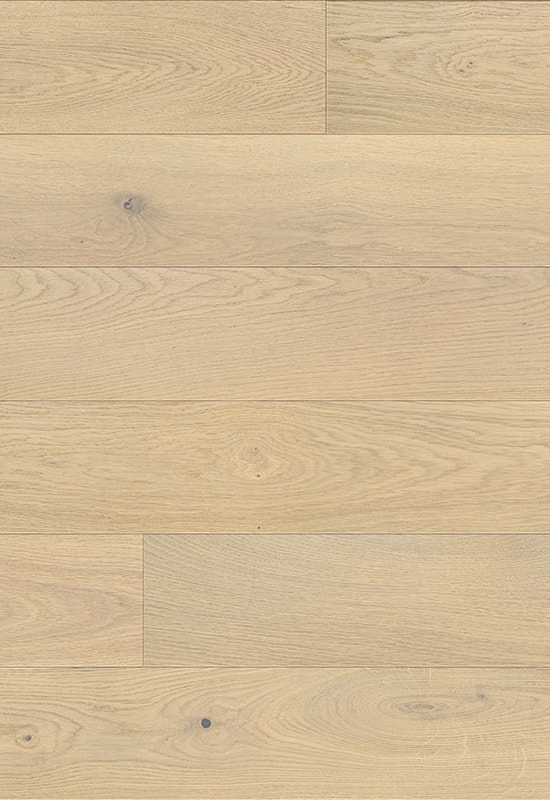
Another important consideration is how the core construction interacts with installation techniques. Engineered wood flooring with a robust plywood core tends to perform better with both glue-down and floating installations, as it minimizes the risk of gaps and creaking over time. For installers and project managers, this means less post-installation maintenance and a smoother fitting process. In addition, the enhanced stability provided by a high-quality core allows for wider plank designs, which are increasingly popular in contemporary interior styles but traditionally more prone to movement.
Core quality also directly impacts acoustic performance and underfoot feel—two aspects often overlooked in technical specs but critical for user satisfaction. A multi-ply engineered floor absorbs sound better and feels more solid underfoot, reducing hollow sounds that may occur in poorly constructed floors. This is particularly important in multi-story buildings, where sound transmission can affect tenant experience. Jesonwood’s engineered flooring is manufactured with these acoustic demands in mind, offering a balanced structure that meets both aesthetic and functional expectations.
From a production perspective, sourcing and assembling the right core layers requires both experience and technological precision. The bonding adhesives, pressing temperature, and layer alignment must all meet strict tolerances to achieve the kind of high-performance flooring our clients expect. At Jesonwood, we leverage advanced manufacturing processes and rigorous quality control at every stage of engineered wood flooring production. Our global partners rely on this consistency to meet regional standards and customer satisfaction goals.
Choosing engineered wood flooring isn’t just about the surface look—what’s underneath matters just as much. Whether you're specifying flooring for a large-scale commercial project or sourcing for distribution, understanding core construction is key to ensuring product longevity, ease of installation, and end-user satisfaction. Jesonwood’s commitment to precision-engineered cores is one reason our products continue to deliver reliable value across diverse environments and applications.


 English
English 中文简体
中文简体 Français
Français
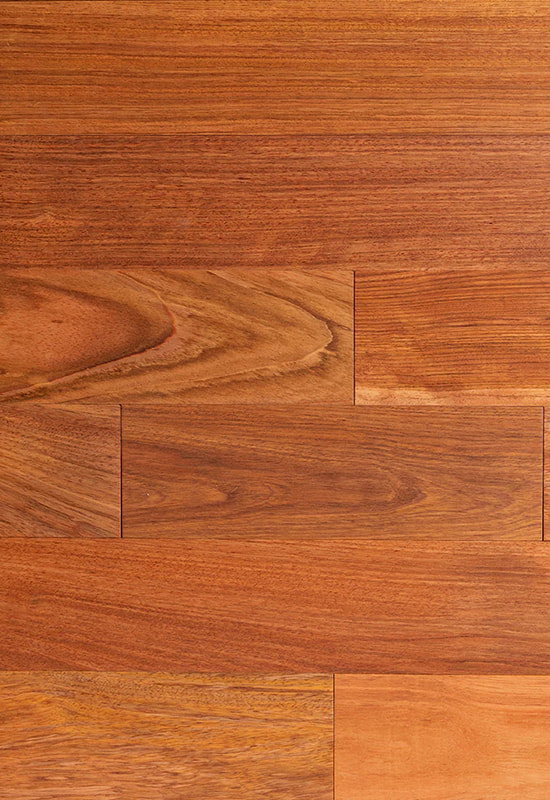
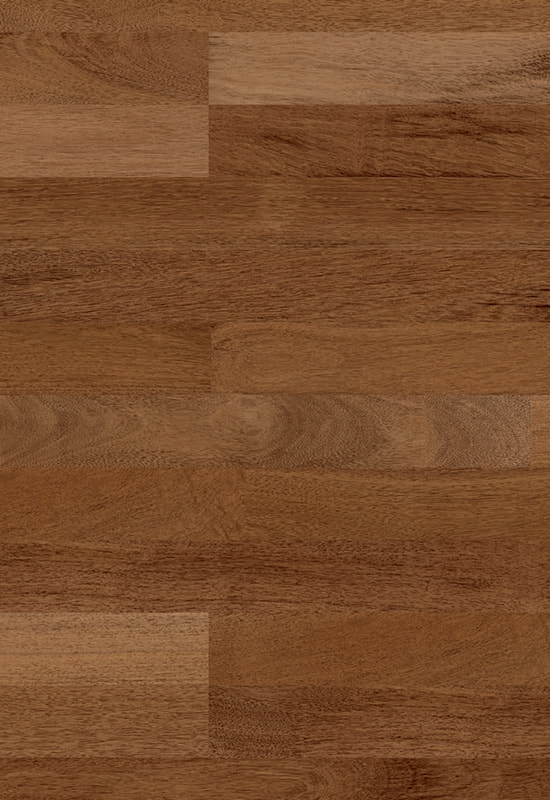
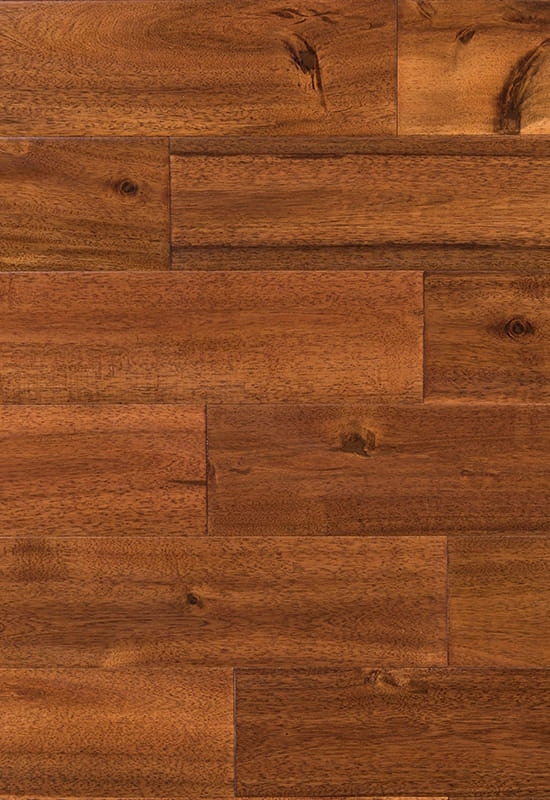
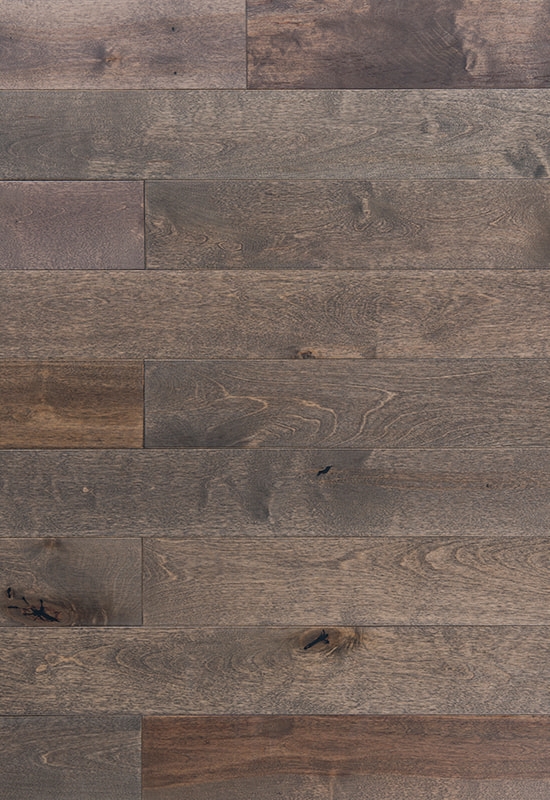
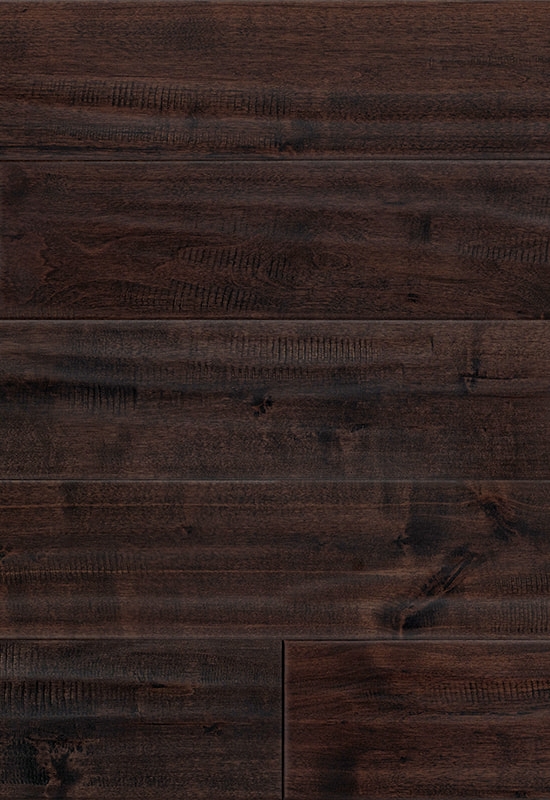
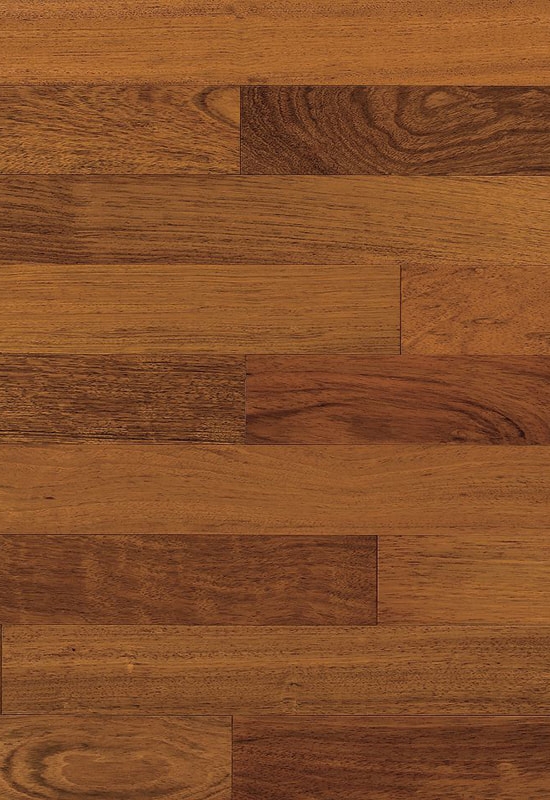
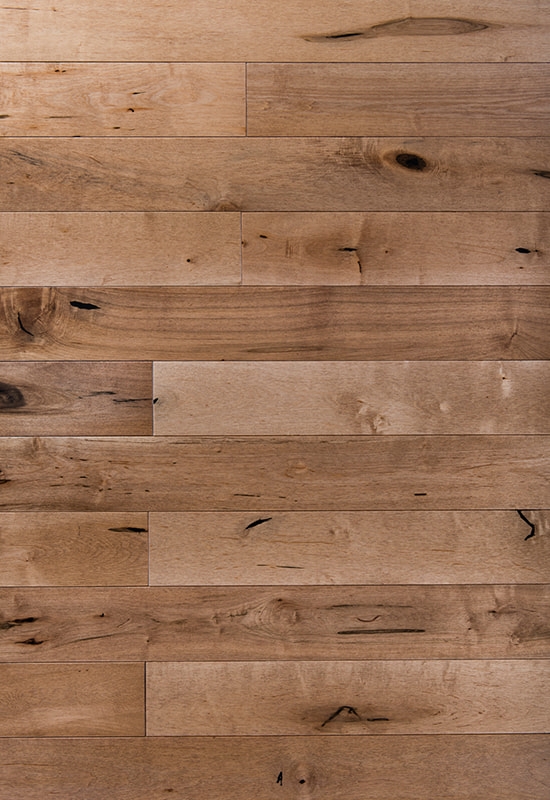
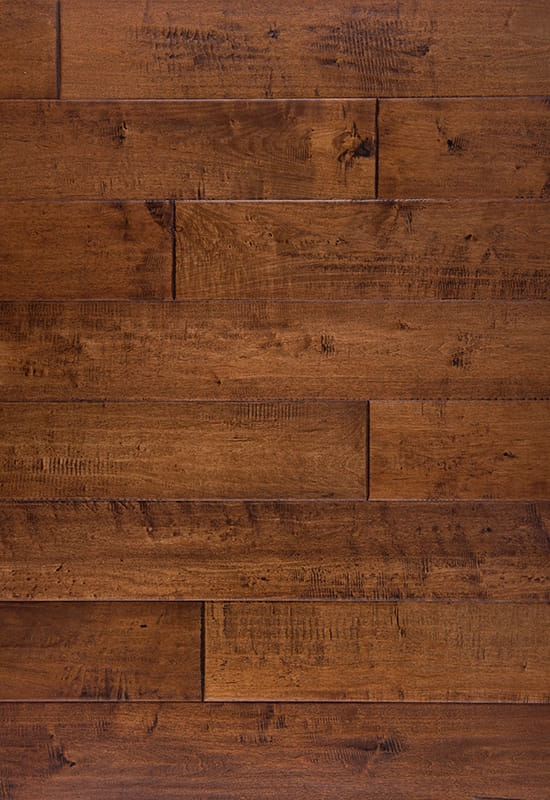
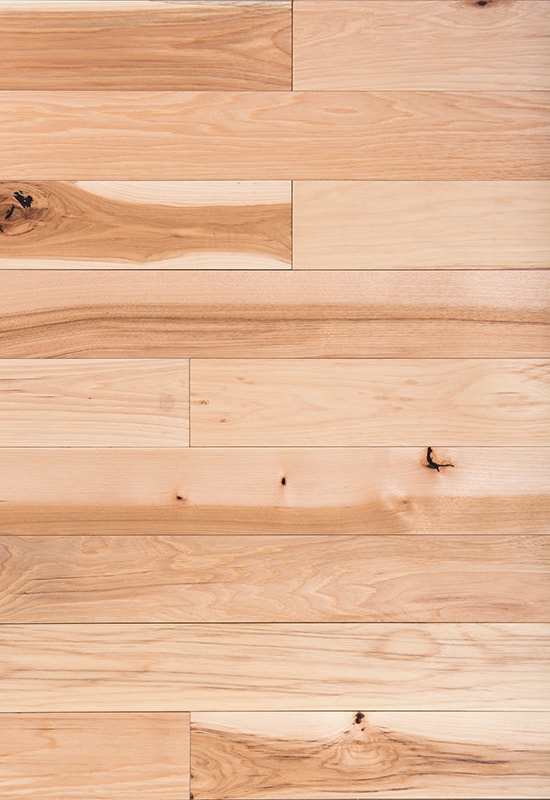
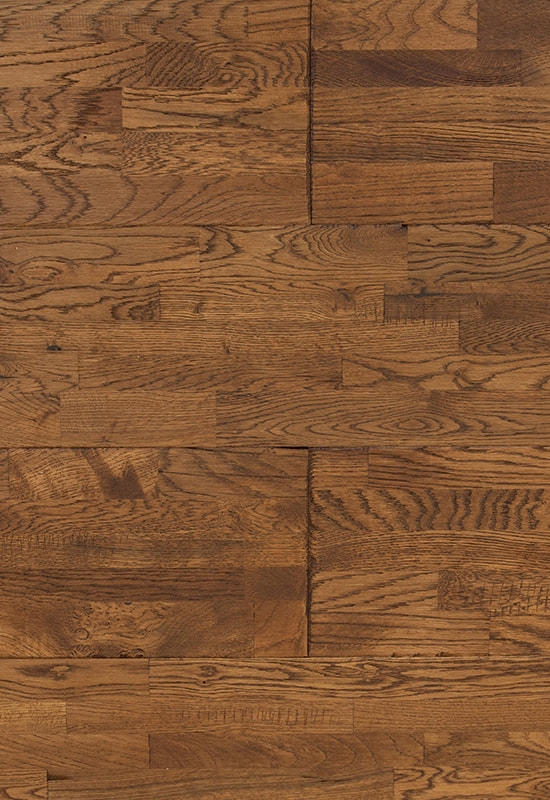
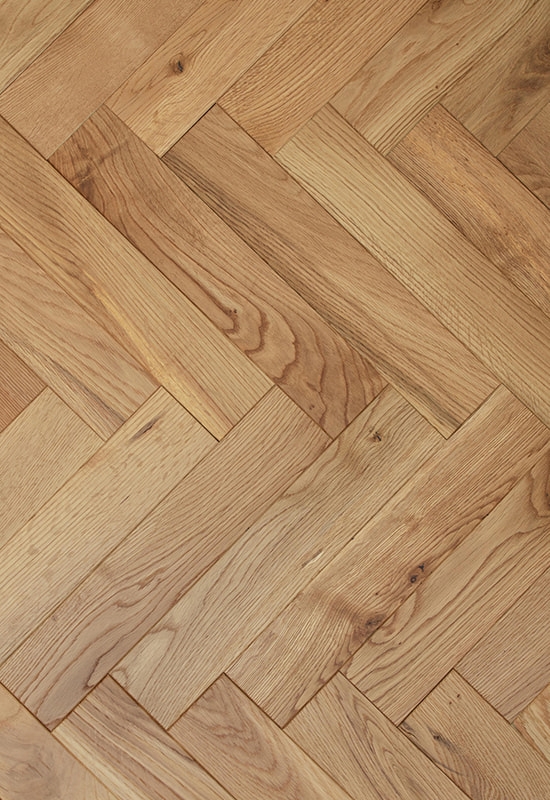
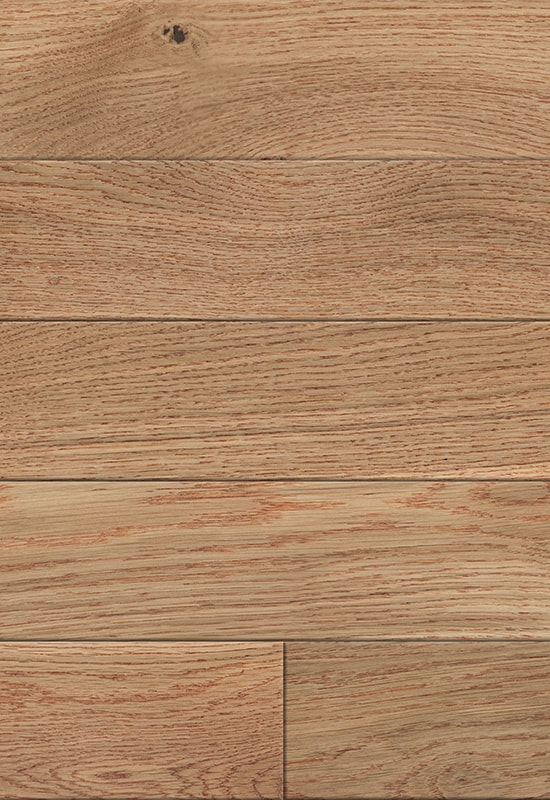

 +86-572-2118015
+86-572-2118015 No.598. Gaoxin Road, Huanzhu Industrial Zone, Huzhou City, Zhejiang Province, China, 313000
No.598. Gaoxin Road, Huanzhu Industrial Zone, Huzhou City, Zhejiang Province, China, 313000 